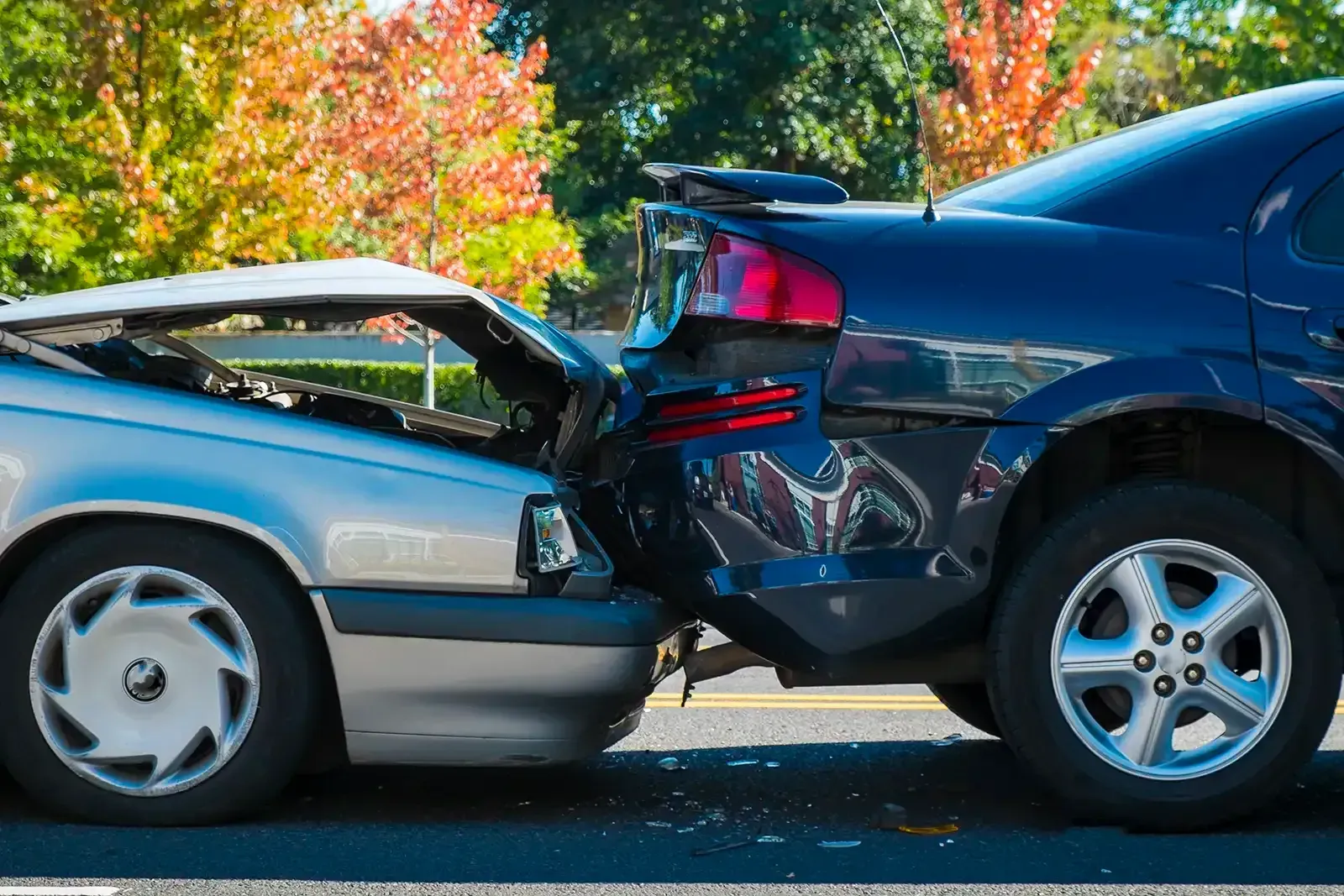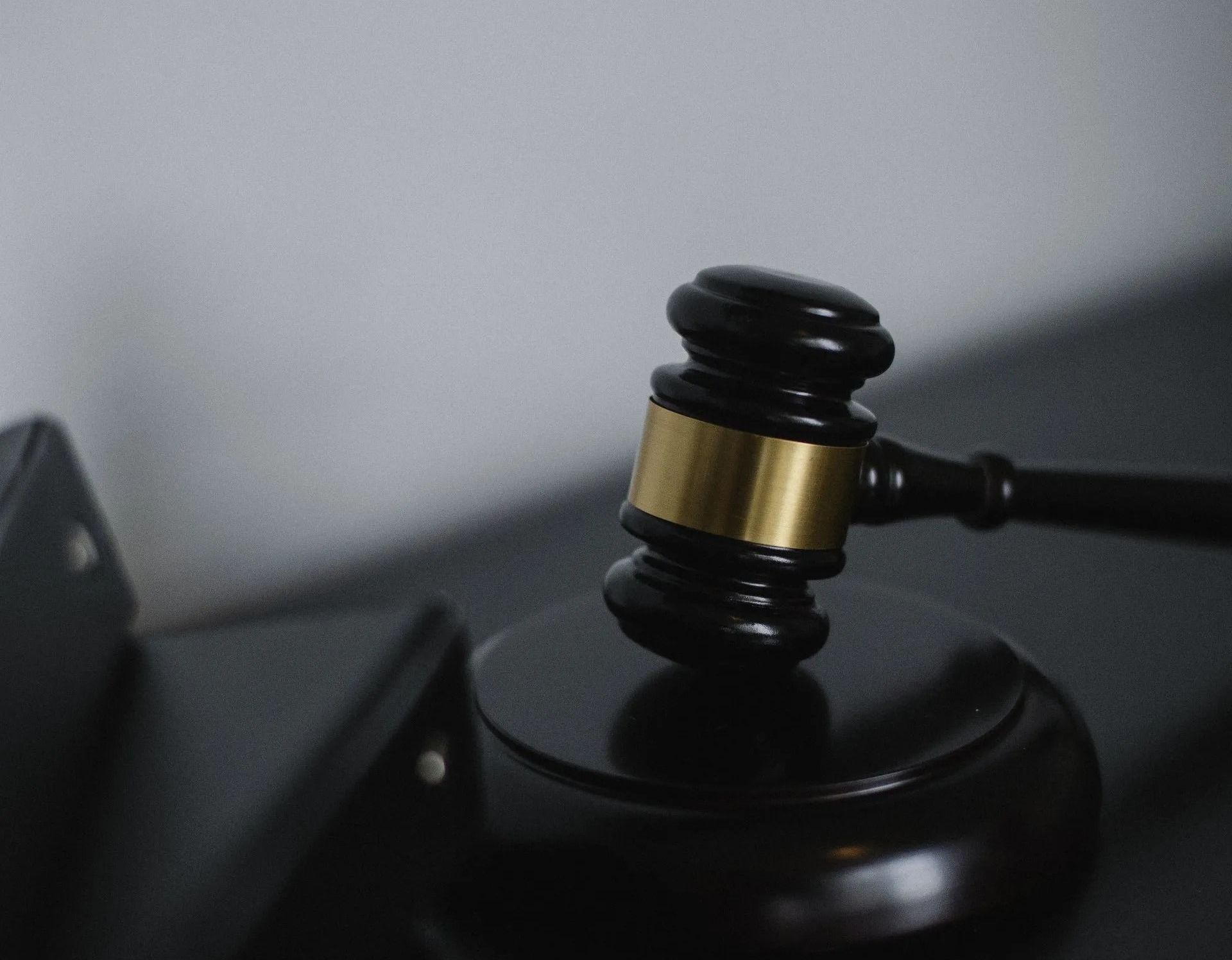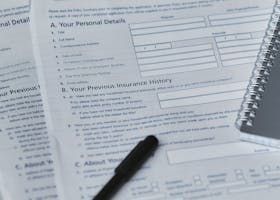Child Custody Laws in Louisiana: What Parents Need to Know
Child Custody Laws in Louisiana: What Parents Need to Know
Louisiana's child custody laws prioritize the best interests of children while recognizing both parents' rights to maintain meaningful relationships with their children. Understanding these laws helps parents navigate custody decisions and create stable arrangements for their families.
Types of Custody in Louisiana
Louisiana recognizes two primary types of custody: legal custody and physical custody. Legal custody involves decision-making authority over important aspects of a child's life, including education, healthcare, and religious upbringing.
Physical custody determines where the child lives and which parent has day-to-day care responsibilities. These custody types can be awarded jointly to both parents or solely to one parent, depending on the family's specific circumstances.
Joint Custody: Louisiana courts favor joint custody arrangements when both parents can cooperate effectively. This arrangement allows children to maintain strong relationships with both parents while sharing parenting responsibilities.
Louisiana's Best Interest Standard
Courts evaluate multiple factors when determining custody arrangements, always focusing on what serves the child's best interests. The child's physical, emotional, and developmental needs take precedence over parents' preferences or convenience.
Factors include each parent's ability to provide stable housing, emotional support, and consistent care. Courts also consider the child's existing relationships, school stability, and any special needs requiring specific care arrangements.
The court examines each parent's mental and physical health, work schedules, and ability to support the child's relationship with the other parent. History of domestic violence or substance abuse significantly impacts custody decisions.
Parenting Time and Visitation
Louisiana law ensures that non-custodial parents maintain regular contact with their children unless safety concerns exist. Standard visitation schedules often include alternating weekends, holiday sharing, and extended summer visits.
Courts encourage parents to develop custom parenting plans that work for their specific situations. These plans should address regular visitation, holiday schedules, vacation time, and communication methods between visits.
Supervised visitation may be required when safety concerns exist, but courts generally work toward restoring normal visitation as circumstances improve. The goal is maintaining parent-child relationships while protecting children's wellbeing.
Modification of Custody Orders
Custody arrangements can be modified when significant changes in circumstances occur. Common reasons include relocation, changes in work schedules, remarriage, or changes in the child's needs as they grow older.
Louisiana requires proof of material changes that affect the child's welfare before modifying existing custody orders. Courts won't modify arrangements based on minor inconveniences or temporary situations.
Parents must demonstrate that the proposed changes serve the child's best interests and that the current arrangement no longer meets the child's needs effectively.
Enforcement of Custody Orders
Louisiana courts take custody order violations seriously. Parents who interfere with the other parent's custody rights or visitation may face contempt of court charges, fines, or modifications to existing arrangements.
Consistent documentation of custody violations helps establish patterns of non-compliance. Keep detailed records of missed visits, late pickups, or communication interference to support enforcement actions.
In cases of parental kidnapping or refusal to return children, emergency court intervention may be necessary to protect parental rights and children's wellbeing.
Special Considerations for Louisiana Families
Louisiana's unique legal system includes specific procedures and requirements that differ from other states. Understanding these differences ensures proper compliance with state custody laws.
Military families face special challenges with deployment and relocation. Louisiana courts recognize these unique circumstances and often allow temporary custody modifications during deployment periods.
Interstate custody issues require careful attention to Louisiana's participation in the Uniform Child Custody Jurisdiction and Enforcement Act, which determines which state has authority over custody decisions.
Working with Legal Professionals
Complex custody situations benefit from experienced legal guidance. Family law attorneys understand Louisiana's specific requirements and can help develop custody arrangements that protect your parental rights.
Professional mediation often helps parents reach agreements without lengthy court battles. This collaborative approach reduces conflict and creates more flexible arrangements tailored to each family's needs.
At Diamond Law, we help Louisiana parents understand their custody rights and develop arrangements that serve their children's best interests. Our approach focuses on protecting parent-child relationships while ensuring compliance with state law. Call (504) 930-4988 to discuss your custody situation and explore your legal options.
Remember, custody decisions have long-lasting effects on your family. Professional guidance ensures you understand your rights and make informed decisions that benefit your children's future wellbeing.









